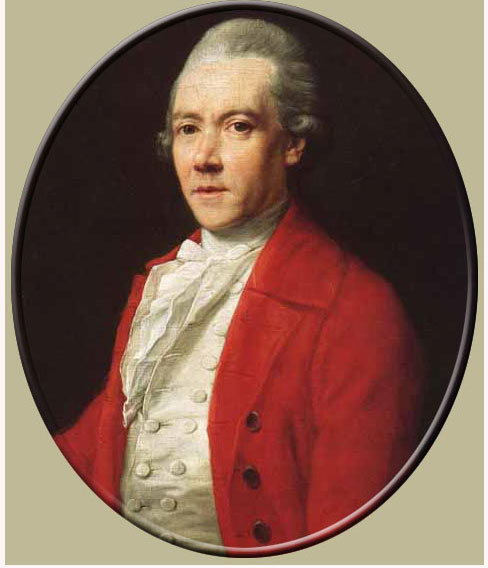Livingston, philip

Philip Livingston was born in 1716 in Albany, New York. His family was quite wealthy and he had the luxury of a Yale education. In 1737 he became involved with the import business in New York City and gradually build up a large fortune of his own.
A politically active member of his community, Livingston came out as a strong supporter of political and religious freedom. He served on the colonial legislature from 1759 until 1769, and defended the Whigs in their struggles with the Royal Governor concerning issues such as the Stamp Act. In 1774 Livingston became involved with the Committee of Fifty-One, the group responsible for choosing New York City’s delegates to the Continental Congress. In 1775 he was elected to the Committee of One Hundred which was temporarily responsible for governing New York City. Livingston attended the Continental Congress from 1774 until 1778. He served on a wide range of committees while there, including those dealing with commercial, military, and Indian matters.
He died in 1778 when he was sixty-two years old, and was laid to rest in York, Pennsylvania’s Prospect Hill Cemetery.
 >
>